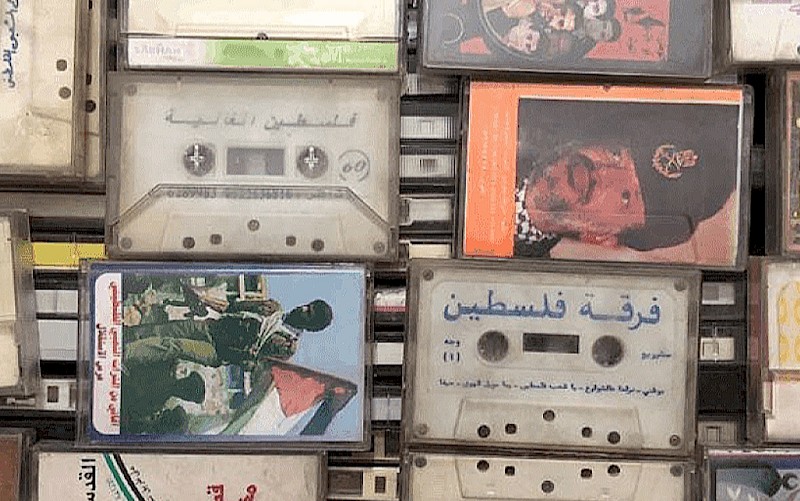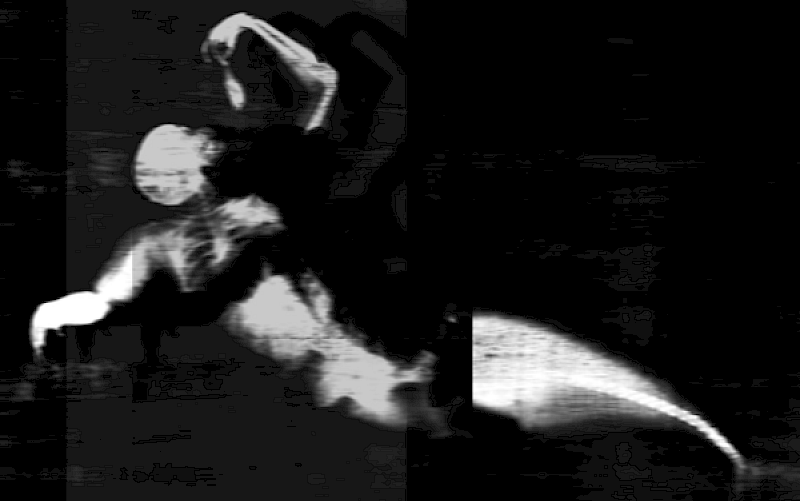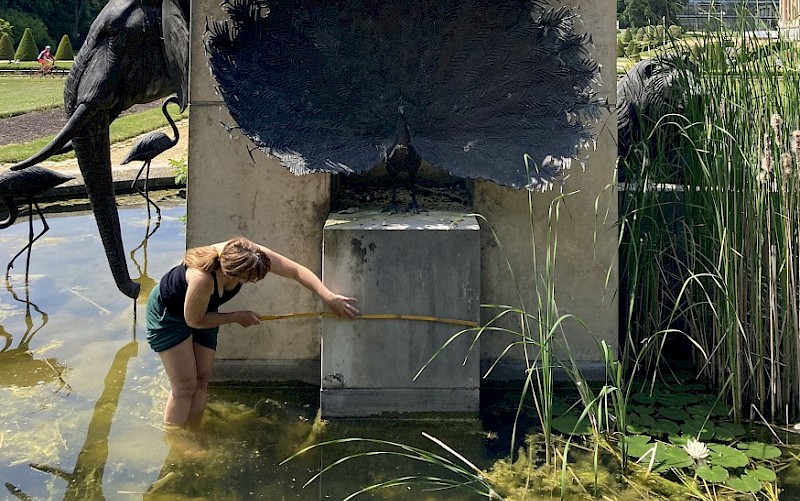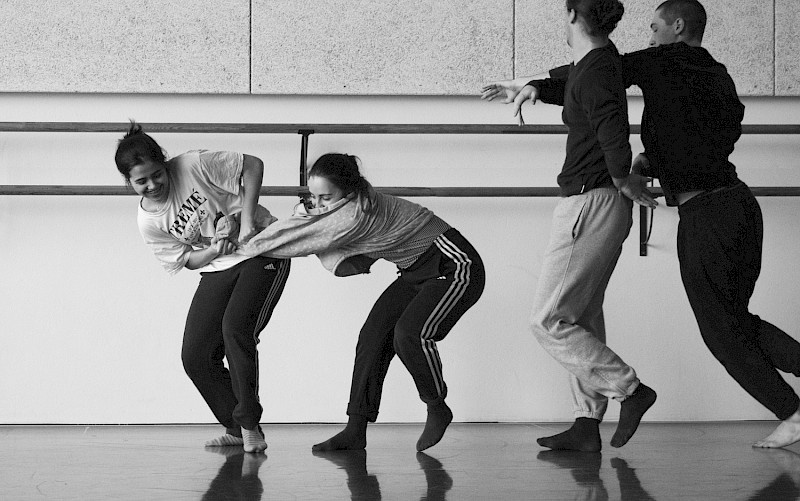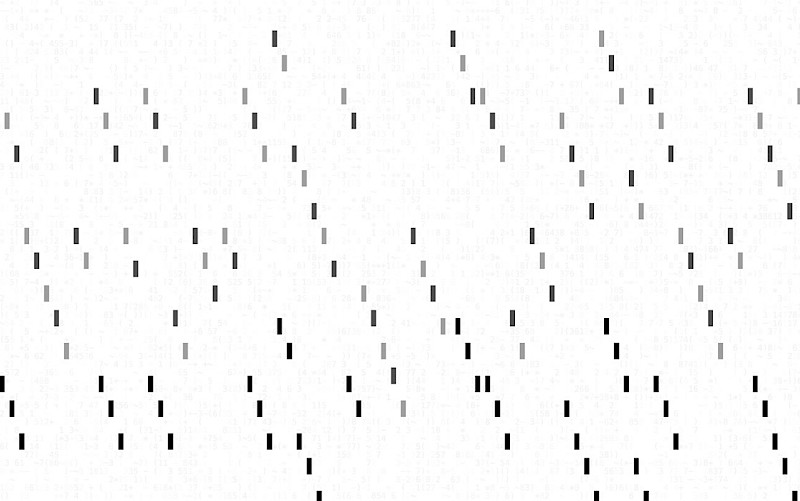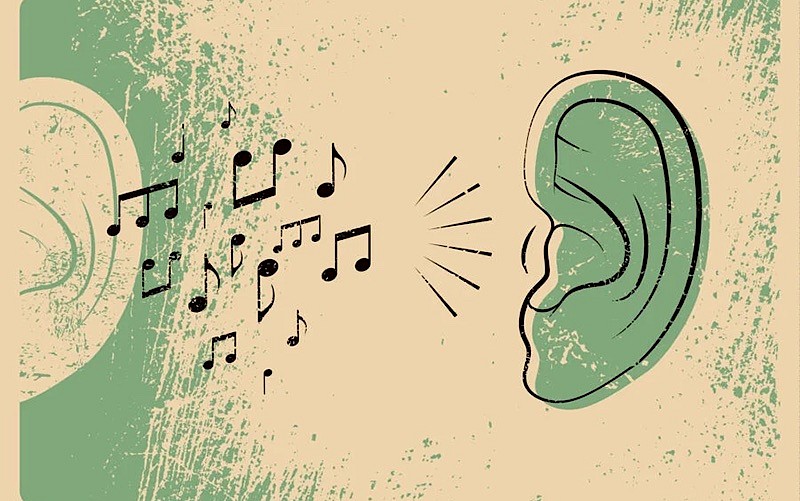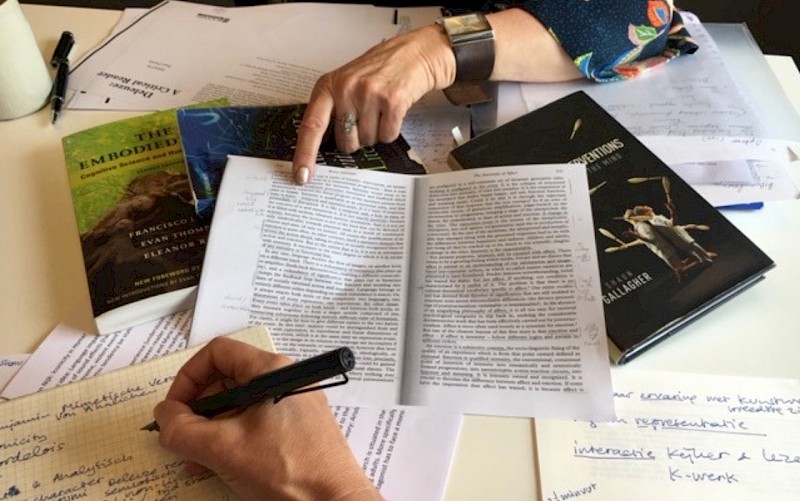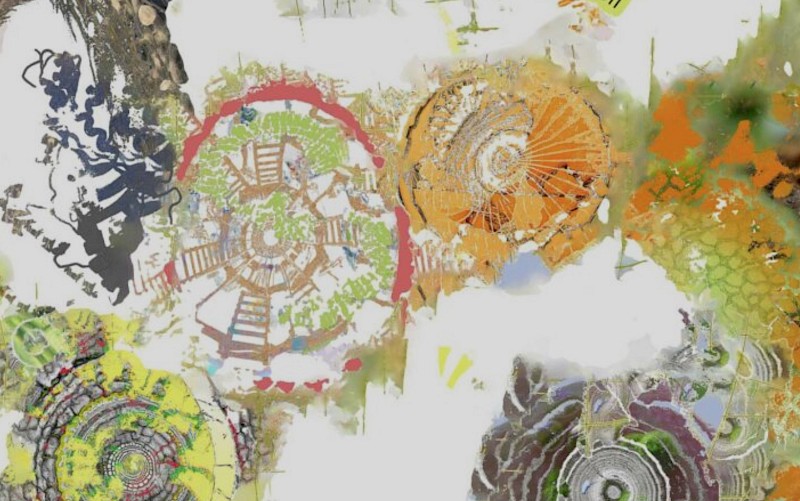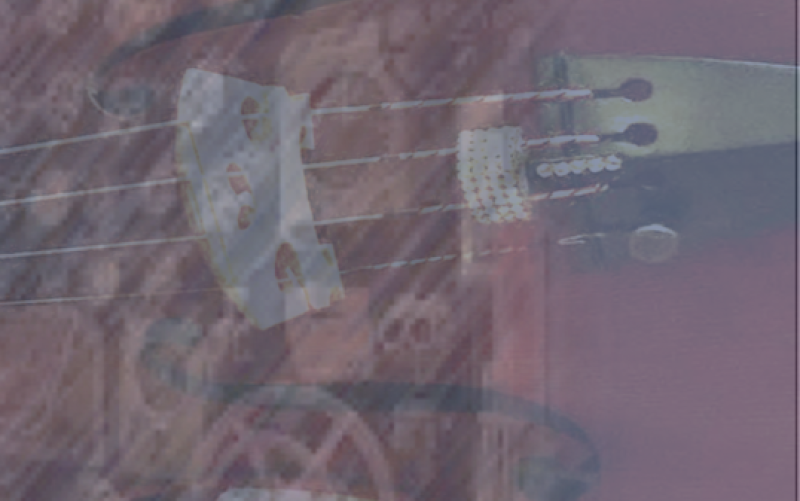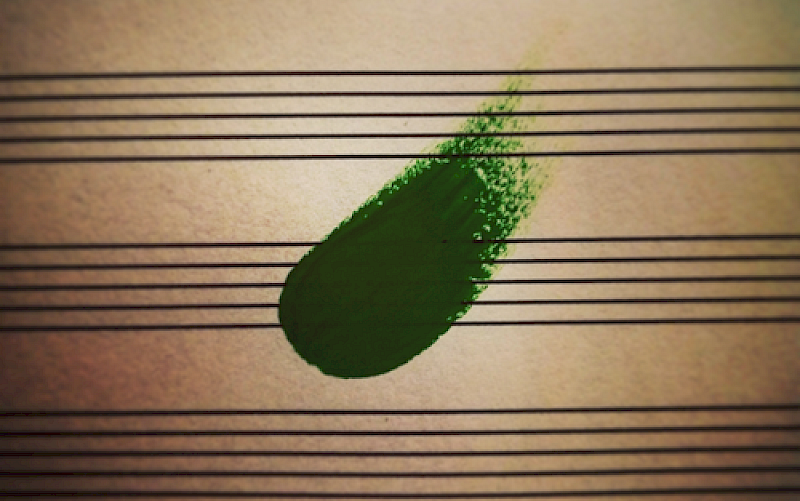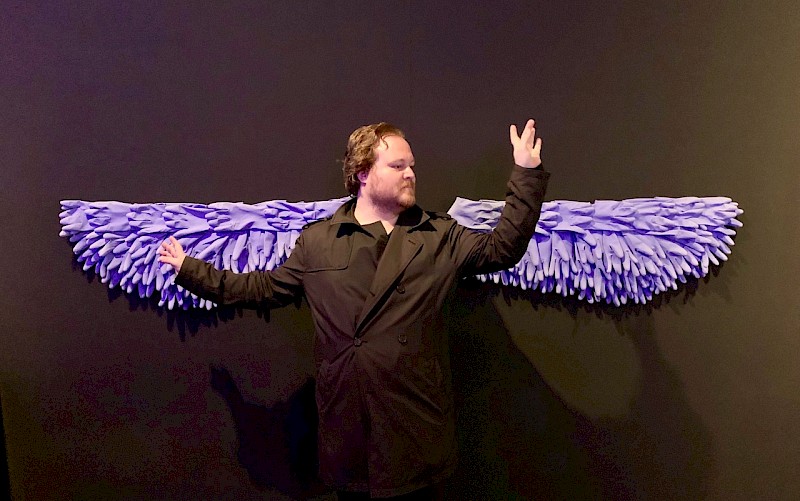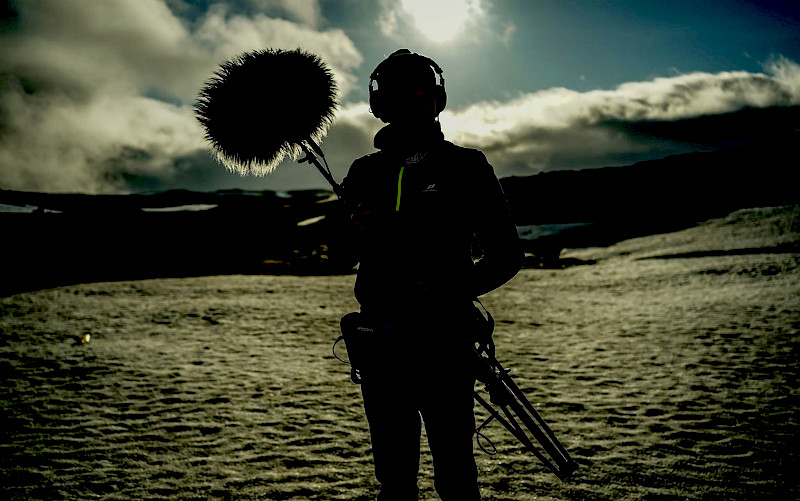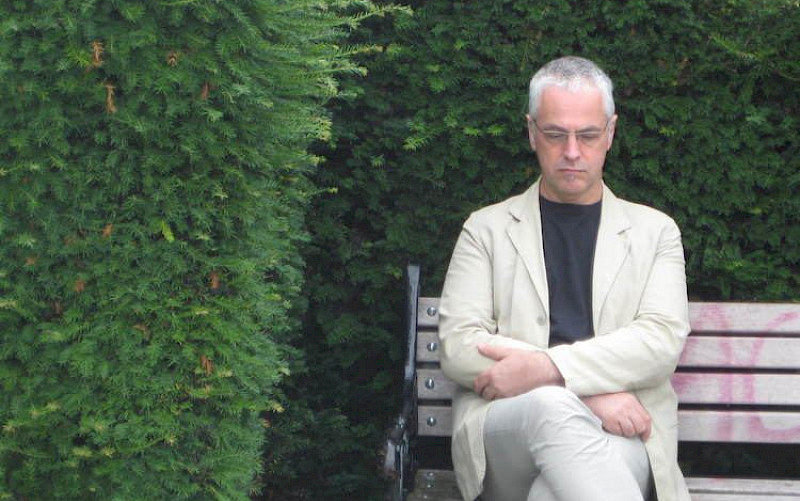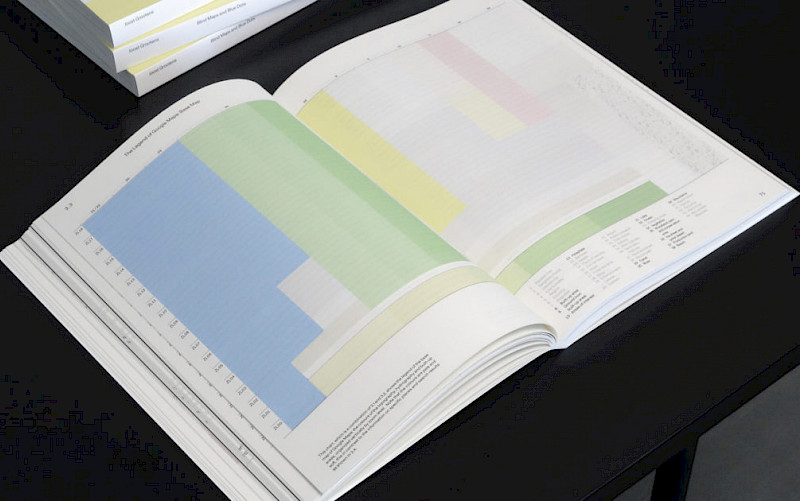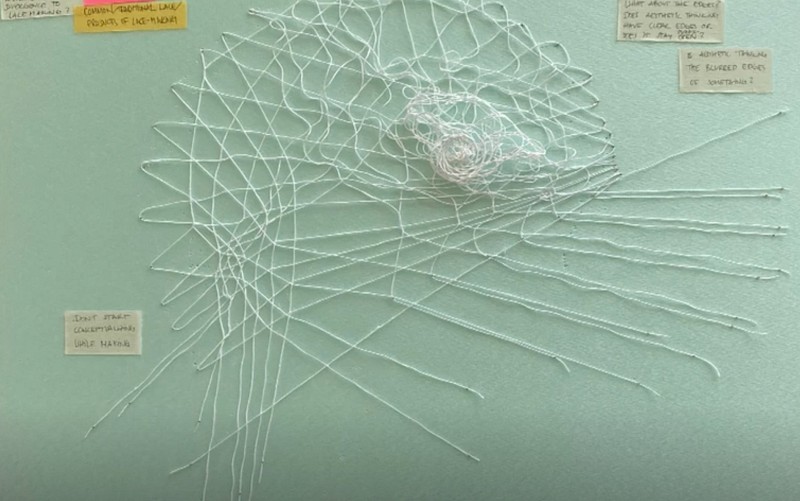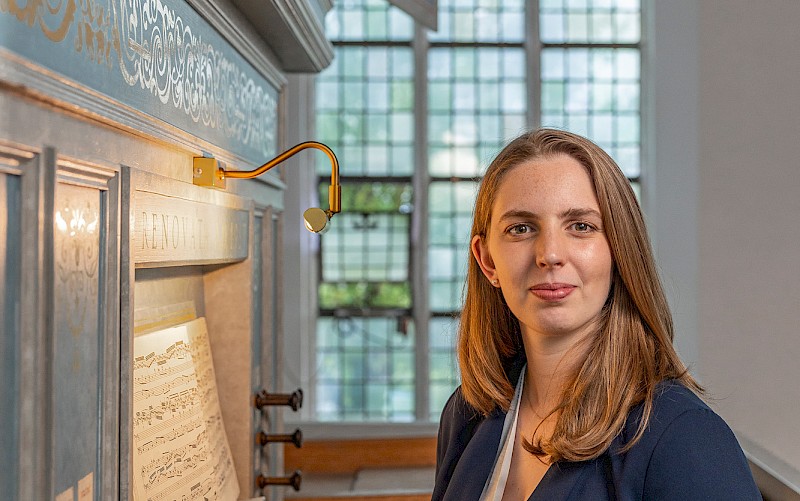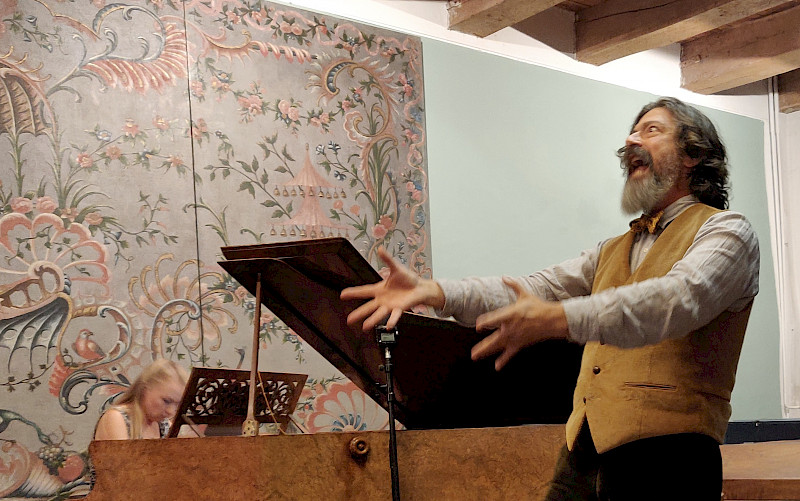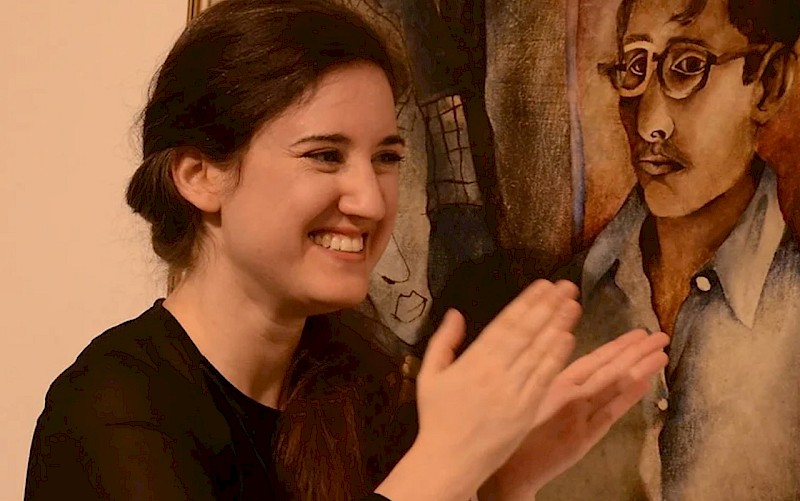The Palestinian music-making experience in the West Bank, 1920s to 1959: Nationalism, colonialism, and identity
Research by Issa Boulos. Before 1936, musical practices in Palestine relied heavily on colloquial poetry, especially in rural communities, which constituted most of the population. During the first half of the twentieth century, Palestinian music evolved as a reflection of the social, cultural, and political evolution of Palestinians. Palestinian music-making evolved exponentially resulting in the expansion of various folk tunes into shaʿbī songs, the creation of the Palestinian qaṣīda song genre, new compositions of instrumental music for traditional and Western music formations, the establishment of choirs and children music programing, and active engagement in composing in the styles of the dominant Egyptian genres of the time as well as muwashshaḥāt. In 1948, the vast majority of Palestinians were displaced, and musicians found themselves at the frontier of implementing new political and cultural visions in the countries of Jordan, Lebanon and Iraq. Therefore, the continuation of the musical narrative in the West Bank did not seem attainable. By the early 1950s, Palestinian musicians and intellectuals developed a vocabulary that reflected the topography, scenery, culture, dialects, and history of al-Mashriq, one that is independent of Egypt’s. Their input, intuition, experience, and convictions of various Palestinian musicians helped to make the music scene in Lebanon, Iraq, and Jordan what they are today.
Author: Issa Boulos
